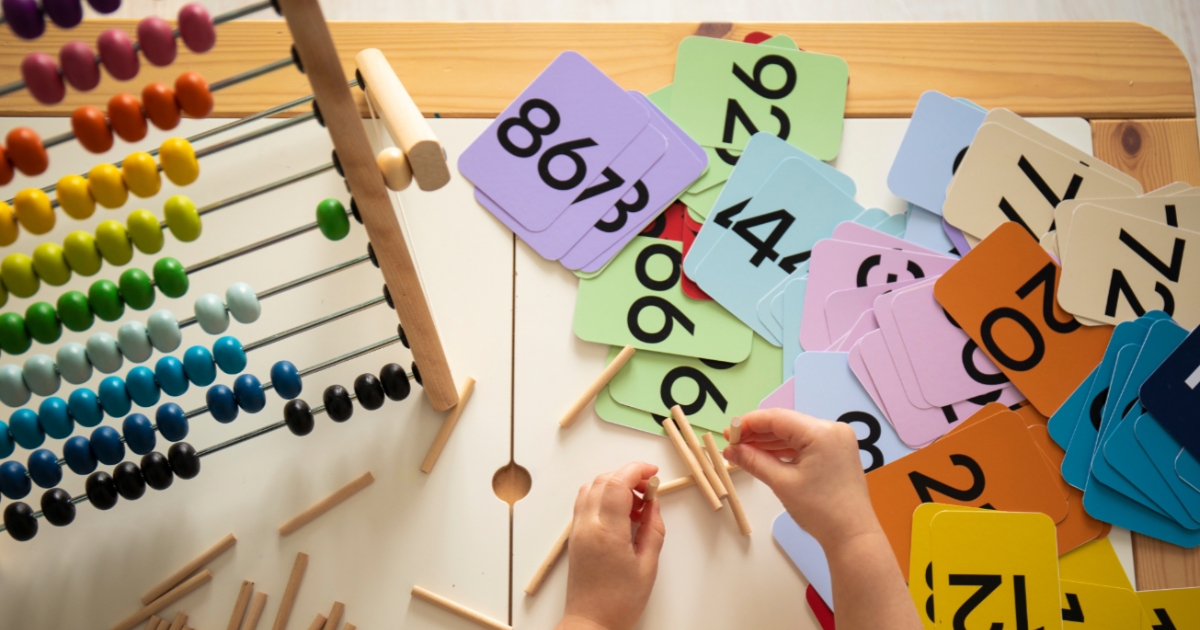
How to Foster a Love of Reading in Your Homeschool
Creating a homeschool environment where reading flourishes is one of the most enriching things you can do for your child’s education. Reading exposes children to
At Dropkick Math Academy, we understand that students have varying styles of learning. That is why our approach respects what we know about how students learn by providing alternatives in the approach that cater to each student’s individual needs.
We sequence the content in a developmentally appropriate way, ensuring students can build on their understanding as they progress. Our emphasis is on conceptual understanding, as opposed to rote memorization. With this approach, we aim to build confidence and independence in our students, equipping them with the skills and knowledge needed to succeed and excel in math.


Developmental learning
of mathematics.

Recognized common areas of difficulty in mathematics that students have, and research in best instructional practices for addressing these areas of difficulty.

Current research around how to support students who are struggling in math; in particular, addressing both different learning styles and alternative strategies for learning a mathematical concept.


Differentiated Programming

Visual Representation

Scaffolding

Conceptually-based explicit instruction

Meaningful practice

Math Discussion
The four pillars of math are essential for students to understand in order to achieve success in mathematics.
These four concepts, including number sense, operational sense, proportional reasoning, and algebraic reasoning, provide students with a strong foundation to build upon as they progress to more advanced mathematical concepts. Mastery of these four fundamental principles
equips students with the necessary skills to approach and solve any problem they may encounter in math. By focusing on the four pillars of math, students can develop a deeper understanding and appreciation for the subject, ultimately leading to greater confidence and achievement in
their math studies.


Number sense is a vital skill that enables individuals to understand the meaning and magnitude of numbers. It goes beyond simple calculations and involves a deeper understanding of how numbers work and how they can be used in different contexts. As children grow and learn, their number sense evolves as well, adapting to the challenges they face. They begin to develop an awareness of numbers at a young age, starting with counting and gradually moving toward more complex concepts like fractions, decimals, and ratios.
By nurturing this skill, individuals can improve their ability to reason with numbers, interpret data, and solve problems. Despite its importance, number sense is often overlooked in traditional math education, highlighting the need to recognize and value it as an essential part of mathematical literacy.

Operational sense is a fundamental building block for children’s mathematical development. It is a concept that goes beyond merely memorizing basic math operations but focuses on understanding how they work together in real-life problem-solving situations. Those who have a strong grasp of operational sense can easily recognize the relationship among the different operations and develop effective systems for computing numbers.
This skill enables children to identify patterns and connections between numbers and apply logic and reasoning to find solutions. Children can build a sturdy foundation for future mathematics and critical thinking success by honing their operational sense.

Algebraic reasoning is a fundamental way of thinking that uses mathematical concepts to solve problems and understand relationships. This approach is an essential skill that is introduced early on in learning and continues to play an increasingly important role through grades 4 to 9.
By using algebraic equations, graphing, and creating tables and charts, algebraic reasoning can be used to solve problems in a variety of ways. It is a powerful tool that can help students comprehend complex ideas and make predictions about the future. By mastering algebraic reasoning, it can help them gain a better understanding of the world around them.

Proportional reasoning is a fundamental concept in mathematics, which is often seen as the key to understanding abstract mathematical concepts. It is a theme that runs consistently throughout all areas of mathematics, providing the foundation for solving many complex problems. Additionally, proportional reasoning is not just a process but rather a way of thinking about numbers in relative terms to understand their relationships to one another.
This way of thinking is essential for solving problems and answering questions in a variety of mathematical contexts. Once students have mastered proportional reasoning, they can apply this concept to solve problems in almost any field, from science and engineering to economics and finance.

Creating a homeschool environment where reading flourishes is one of the most enriching things you can do for your child’s education. Reading exposes children to

Teaching geography at home can open up a world of possibilities—literally. Geography isn’t just about memorizing maps and capitals; it’s an invitation to explore cultures,

Homeschooling offers incredible flexibility to tailor education to a child’s unique needs, interests, and learning pace. Incorporating outdoor learning for homeschoolers is one highly effective

Creating engaging and comprehensive homeschool lessons can feel like a challenge. However, unit studies are a fantastic approach to making learning immersive and fun for

Math can be both exciting and educational when presented in the right way. For homeschooling parents, creating lessons that are engaging yet aligned with the

Teaching music at home can be an incredibly rewarding experience for both parents and children. Music is a universal language that nurtures creativity, discipline, and